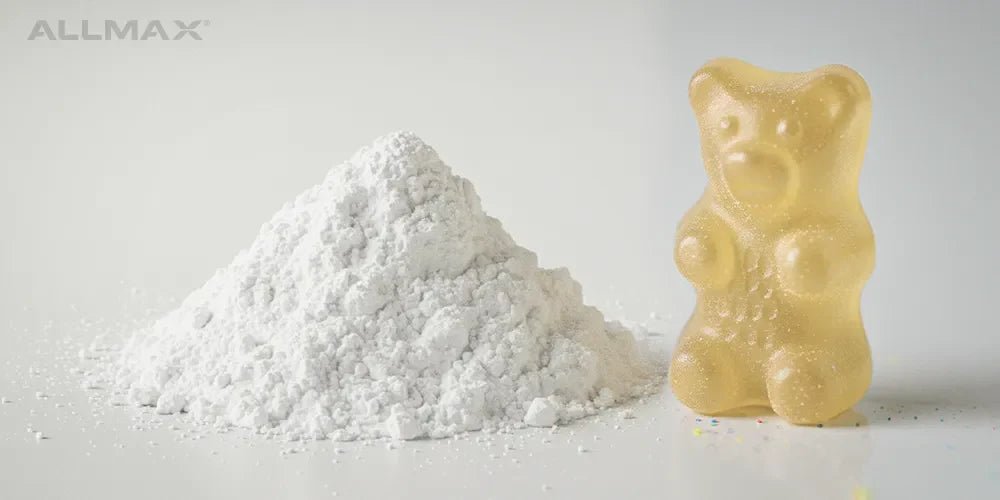
Creatine Gummies vs Powder: Which One Should You Choose?
Creatine gummies or powder: choose your best
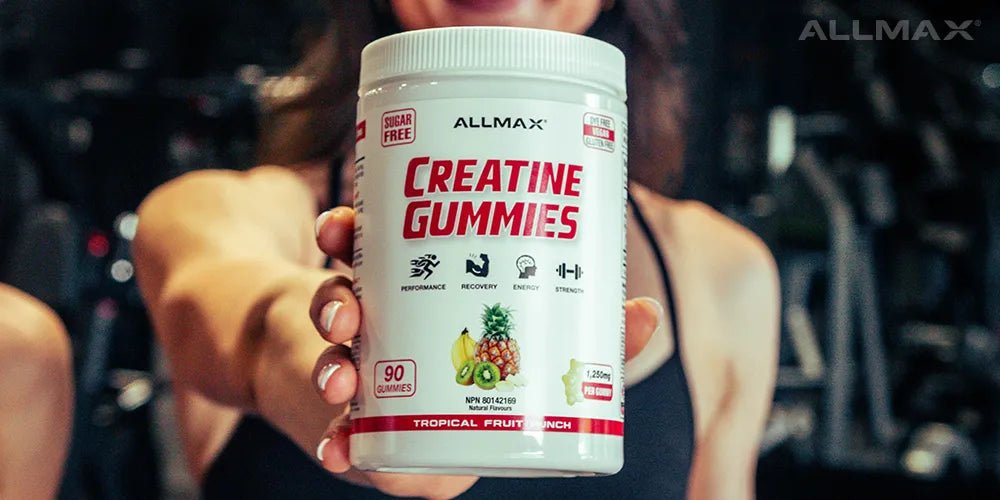
Are Creatine Gummies Effective? What You Need to Know
Creatine gummies match powder effectiveness with convenience.

Diabetes and Bodybuilding: Safe and Effective Muscle Building Tips
Managing diabetes doesn’t mean giving up on building muscle

How to Build Muscle and Lose Fat: Effective Tips for Fast Results
Build muscle, burn fat with training, nutrition.

How to Naturally Boost Testosterone Levels?
Natural diet, exercise, sleep, lifestyle boost testosterone
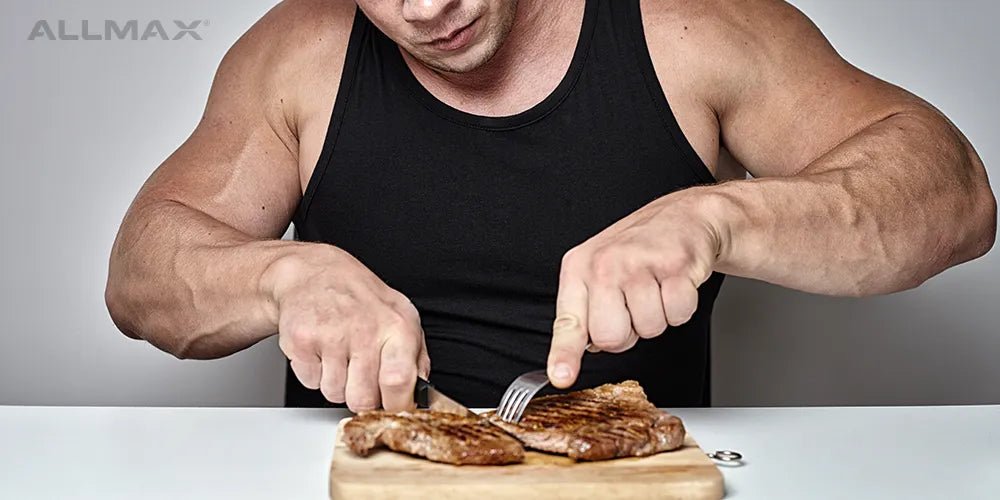
Bulking on a Budget – Build Muscle Without Breaking the Bank
Bulk muscle cheaply with smart meal planning

What to Look for in a Pre-Workout Supplement: Key Ingredients for Maximum Energy and Focus
Discover key pre-workout ingredients that boost energy, focus, and performance

BCAA in the Morning: Boost Muscle Growth and Energy from the Start
Morning BCAAs boost energy, recovery, and muscle growth
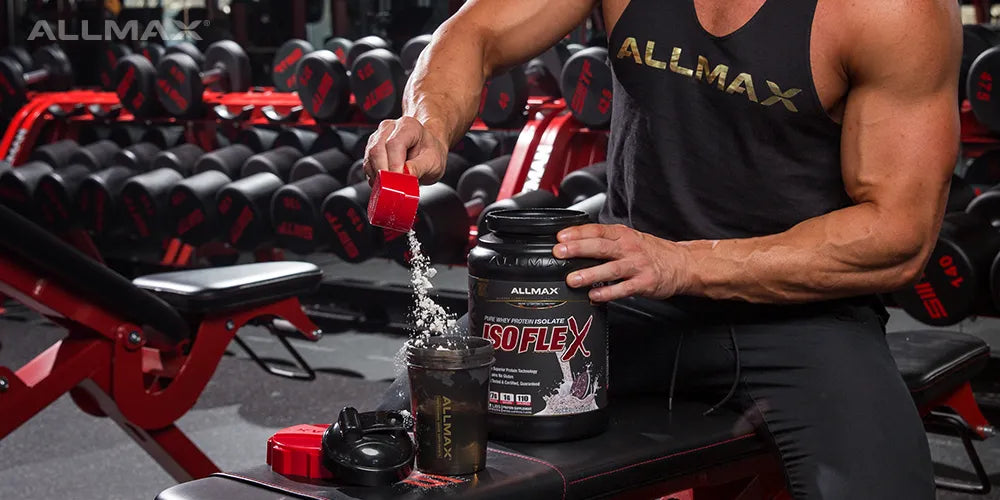
How to Choose the Best Protein Powder for Your Fitness Goals
Choose the best protein powder for fitness goals
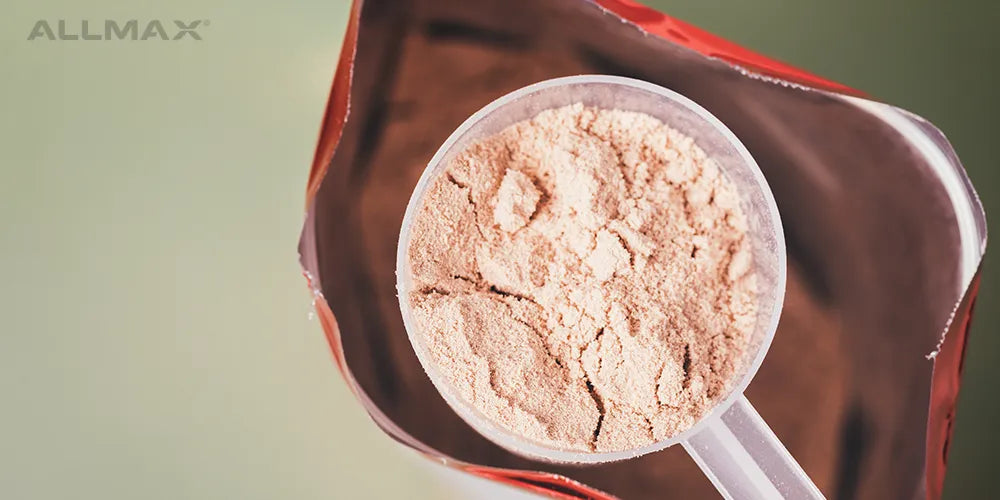
Top Benefits of Whey Protein Isolate for Muscle Growth & Recovery
Whey protein isolate boosts muscle growth and recovery
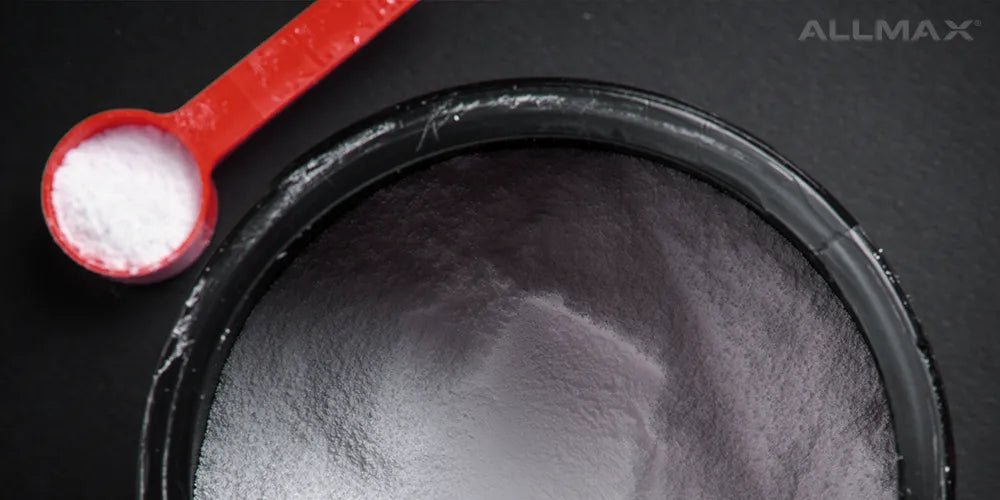
Creatine Loading Phase: How to Load Creatine and Maximize Your Results
Creatine loading boosts strength, performance, and muscle gains.
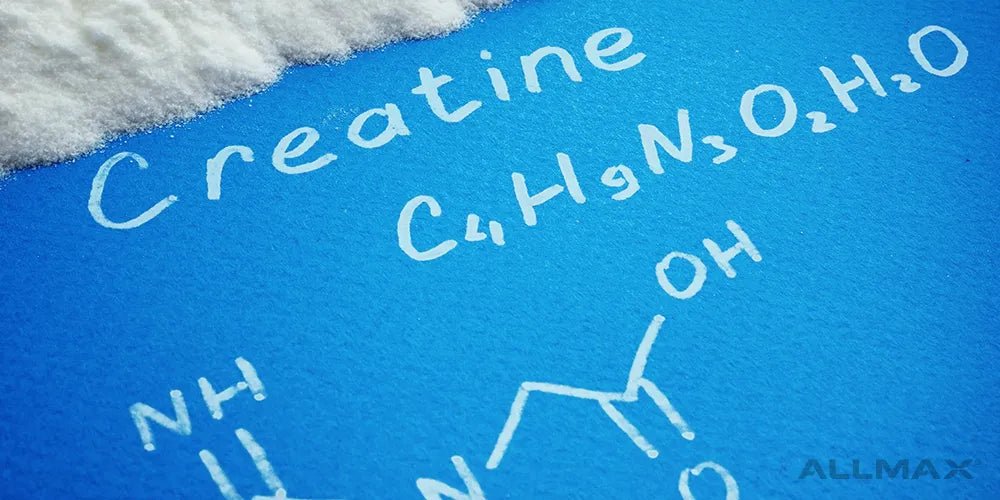
What Is Creatine? Benefits, Uses, and How It Works
Creatine supports strength, energy, recovery, and muscle growth.